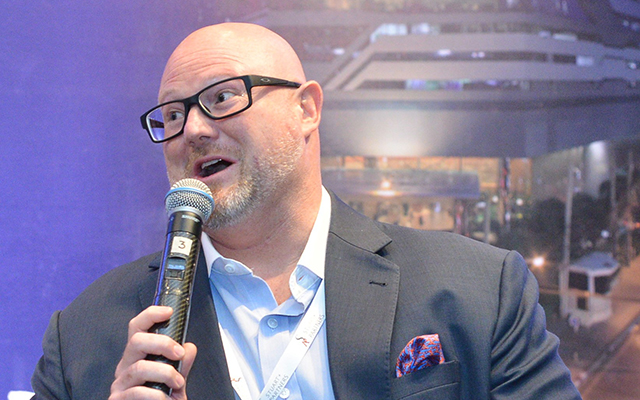While tourism business is expected to grow throughout South-east Asia, industry observers say hotel investors face challenges including the higher cost of land, difficulty in finding a suitable partner, and lack of software capabilities.
Speaking at South East Asia Hotel Investor Summit in Bangkok last week, Jesper Palmqvist, STR’s area director Asia Pacific, said that the wider gap in bargaining power between land owners and buyers has become the biggest obstacle facing hotel investors, especially in major tourist destinations.

Many investors see huge opportunity in leveraging Thailand’s tourism growth, from the expected 41 million international tourists and over 170 million domestic trips for this year, but have been unable to secure land.
Bangkok exemplifies such challenging landscape, pointed out Andrew Langdon, senior vice president development Asia, Accor.
“Land prices in Bangkok have gotten much higher in the last decade,” he said. This has made it hard to obtain land, and even more difficult to get a return on investment, remarked Langdon.
In this tough environment for land ownership, hotel investors have two options in Bangkok – they can acquire existing land, which may be costly; or build new hotels on land they already own.
“I think landlords (might) take advantage of the soaring land cost. They are able to gain up to 90 per cent (over the transacted price), but (opportunities are) very limited,” Langdon added.
The challenging environment has made it necessary for new players entering the market to have an effective strategy during the first five to 10 years. “To grab business in a tough environment, operators must have some fresh ideas, using strong marketing and technology as well as (a robust) database,” Palmqvist said.
He also advised that most cities in the region must improve tourism infrastructure such as airport facility, immigration processes and logistics.
In order to maximise revenue from hotel investment, Dillip Jajakarier, CEO of Minor Hotels, said that investing in human resource and technology are key factors for success. Under Minor’s vision, having qualified staff will help build brand and reputation as well as help drive business in long term.
Langdon added that operating hotel is involves not just real estate cost, but also hotel management, manpower and technology, all of which come at a high price too.
“The challenge for hotel investment need to be (managed) equally between hardware and software,” said Langdon.




















